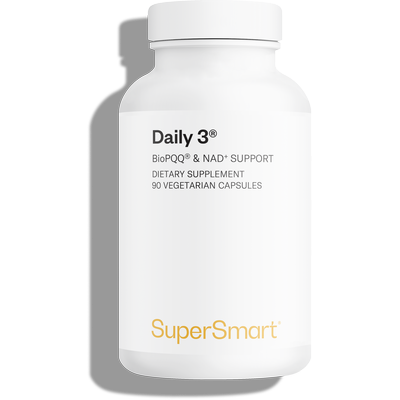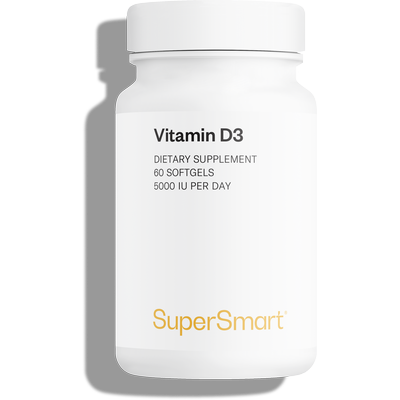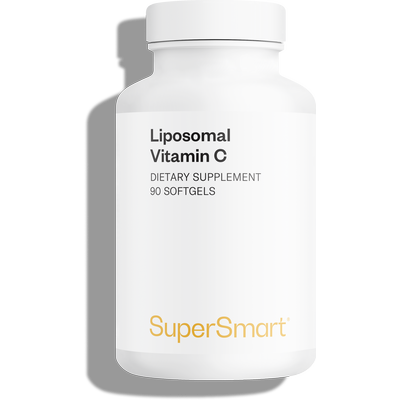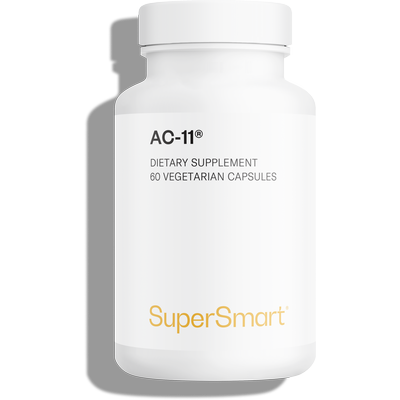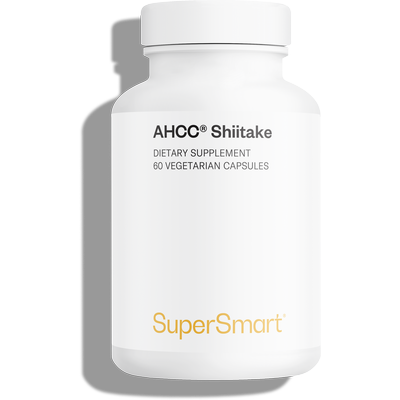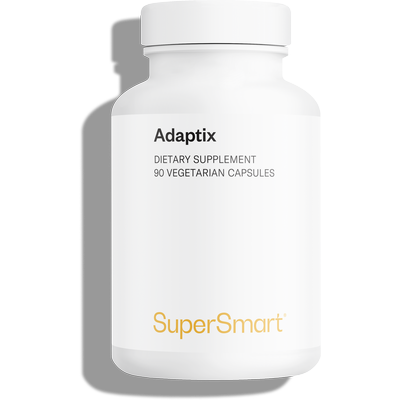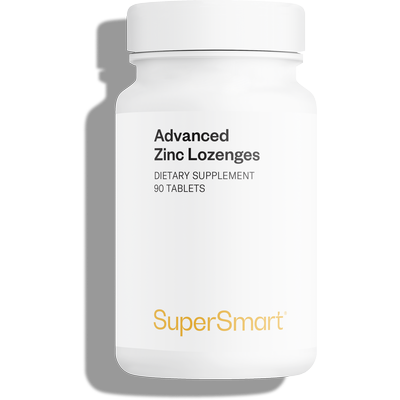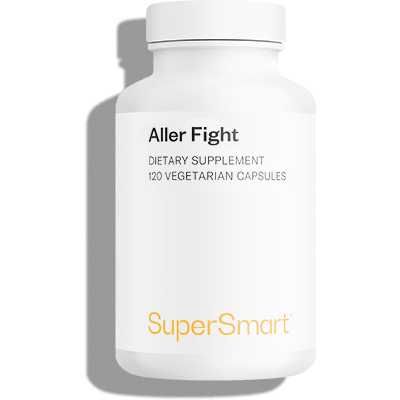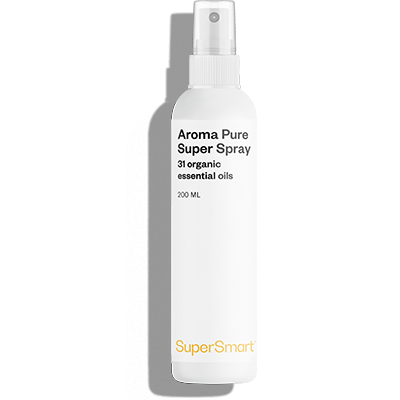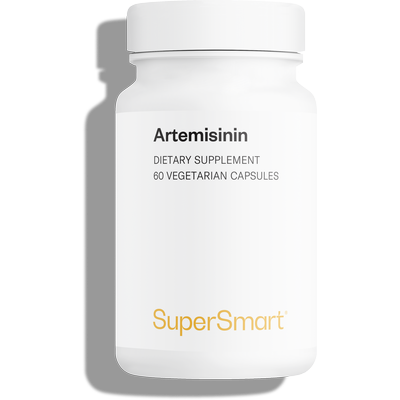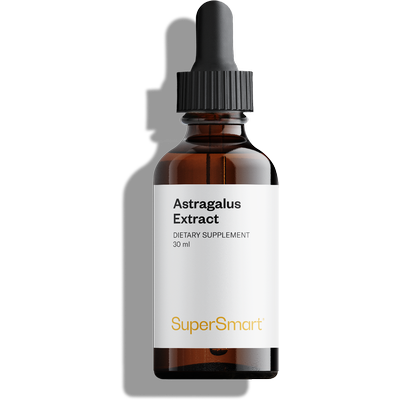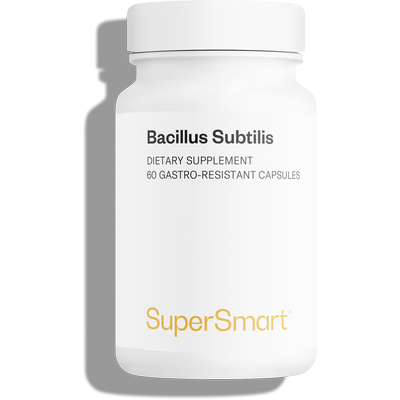Immune system: 5 dietary supplements that support your body’s defences
Discover how the body’s immune system works, and the 5 most effective supplements for helping to maintain this vital, natural shield.
Immunity: a complex system
From birth, the body has at its disposal a number of mechanisms with which to defend itself against foreign invaders and pathogens: collectively, this is known as innate immunity.
Acquired through millions of years of evolution, and passed on from mothers to babies during pregnancy, this immunity is made up of many different cells and proteins. The main ones are macrophages, neutrophils, monocytes, dendritic cells, cytokines, and interferons. Most importantly, innate immunity is not dependent on infectious agents: it is not specialised.
In addition, the body encounters various infectious agents throughout life, against which it learns how to specifically defend itself: this is called acquired or adaptive immunity.
The main ‘weapons’ in acquired immunity are B lymphocytes, which produce antibodies, CD8+ T lymphocytes, which destroy infected cells, and CD4+ T lymphocytes, helper cells, which stimulate B lymphocytes.
So when the body encounters an infectious agent, this acquired immunity enables it to produce both specific antibodies which are more effective against the agent in question, and crucially, memory cells. These lodge in bone marrow, ready to be quickly converted into cytotoxic T lymphocytes should this same infectious agent reappear sometime in the future. This defence strategy makes the body more responsive and effective when faced with a new infection.
The principle behind vaccination is actually based on acquired immunity: it prepares the body to marshal the necessary defences when it encounters a real infection. Vaccines work by exposing the body to either an inactivated pathogen (not dangerous but with the same characteristics) or one of its proteins, or the pathogen’s RNA messenger.
But this system is complex and fragile: oxidative stress, ageing, various diseases, etc, can generate weaknesses in the immune system. The good news is that dietary supplements have been developed to support immunity and help our defences function properly. Here are 5 of the most effective.
Vitamin D and natural defences
Vitamin D stimulates the expression and secretion of anti-microbial peptides by monocytes/macrophages which supports mucous membrane defences, as well as the synthesis of anti-inflammatory cytokines, while at the same time, inhibiting that of pro-inflammatory cytokines.
Numerous studies have demonstrated that a lack of vitamin D is often associated with an increase in respiratory infections, and that equally, supplementation with vitamin D helps to reduce such infections.
That’s why in 2020, the French medical journal La Revue du Praticien recommended generalised vitamin D supplementation on the basis that it is “simple, effective, safe and inexpensive”.
Particularly so since ageing, obesity and low winter sunlight levels at Northern European latitudes result in relative deficiencies in vitamin D.
Given that we know vitamin D supports normal immune system function, it makes sense to supplement with vitamin D3 5000IU or use a vitamin D3 2000IU spray in order to boost your intake for winter!
A reishi supplement for your immune system
A mushroom used for thousands of years in traditional Chinese and Japanese medicine, Ganoderma lucidum, better known as reishi, has enjoyed renewed interest across the world since the 1970s when its cultivation became possible.
Several studies have thus shown that consuming reishi leads to a probable increase in natural cytotoxic lymphocytes, agents of innate immunity, and may help maintain normal levels of CD4 and CD8 T lymphocytes.
According to scientists, it may be the specific polysaccharides in reishi that are responsible for this stimulation of innate immunity. In fact, the European Union recently funded a huge study involving scientists from academic institutions and from within the agro-food and pharmaceutical industry in order to understand the mechanisms linking non-digestible polysaccharides with the immune system.
This research demonstrated that these polysaccharides activate certain genes related to immunity and stimulate specific bacteria in the colon, producing positive effects on health.
To obtain the benefits of reishi and other mushrooms, you can actually take a synergistic formulation combining several organic mushroom extracts: reishi, shiitake, chaga, cordyceps, etc. (such as the product Organic MycoComplex).
Immunity: why take a zinc supplement?
An essential trace element, in other words, one that has to be provided by the diet, zinc plays a role in a number of processes such as growth, neurological function and immunity.
To confirm how zinc benefits the body, scientists first examined the effects of zinc deficiency. They found that a lack of zinc stimulates inflammation, by causing inappropriate activation of immune cells which, instead of fighting inflammation, aggravates it.
These same researchers also discovered a direct correlation between chronic inflammation, one of the most common immune problems in elderly people, and deficiency in zinc.
This important trace element thus supports normal immune system function, with supplementation recommended for older individuals as well as vegans, the foods richest in zinc being mainly animal-source protein.
To ensure a good intake of this trace element, choose a supplement offering a form of zinc with good bioavailability, such as zinc orotate.
An excellent trio of plants to support your health
In addition to vitamins and essential trace-elements, there are also a number of plant extracts, in the form of dietary supplements, which help to support the body’s defences in fighting foreign invaders and in keeping us physically and mentally strong.
One such plant is astragalus which, like reishi, comes from the traditional Chinese pharmacopoeia and contains a significant amount of non-digestible polysaccharides. At SuperSmart, we advise taking the whole root of astragalus in the form of a glycerine liquid extract, diluted in a glass of water, (such as Astragalus Extract).
Ginseng is another plant used in traditional Chinese medicine which as a result of its active ingredients, a type of saponin called ginsenosides which have significant antioxidant potency, helps to support the immune system and maintain vitality. Make sure you choose a supplement with a high ginsenoside content (such as Ginseng 30%).
Last but not least, echinacea, a plant from the aster family, is recognised for helping to support our natural defences and for soothing a sore throat. It’s thus an excellent ally for the winter season (and is also the key ingredient in the formulation Immunity Booster).
Vitamin C, queen of the immune defences
A veritable ‘grandma’s remedy’, so long has it been used to fight winter ailments, vitamin C is actually one of your immune system’s best friends.
We humans have to obtain it from our diets, but this powerful antioxidant helps to protect cells from oxidative stress and is also a cofactor in biosynthesis and gene regulation.
Its antioxidant properties help to boost cells’ natural defences and it is also present in white blood cells, thus improving their ability to destroy germs. At the same time, it promotes apoptosis (destruction) of senescent and/or dysfunctional cells.
As with zinc, it has recently been discovered that vitamin C deficiency correlates with a higher incidence of infection, and that infections tend to reduce the body’s vitamin C levels, thus creating a vicious circle.
It seems then that our grandmothers were right: vitamin C supports healthy immune system function. So we should make sure we eat plenty of raw fruits and vegetables all year round (especially white and red cabbage which contain high levels of the vitamin). Taking a high-quality vitamin C supplement is also a good way of boosting your intake (try, for example, the product Triple C).
Discover also our dietary supplements for inner balance, our supplements for cardiovascular health, our supplements for managing blood sugar, and our anti-cholesterol supplements.

